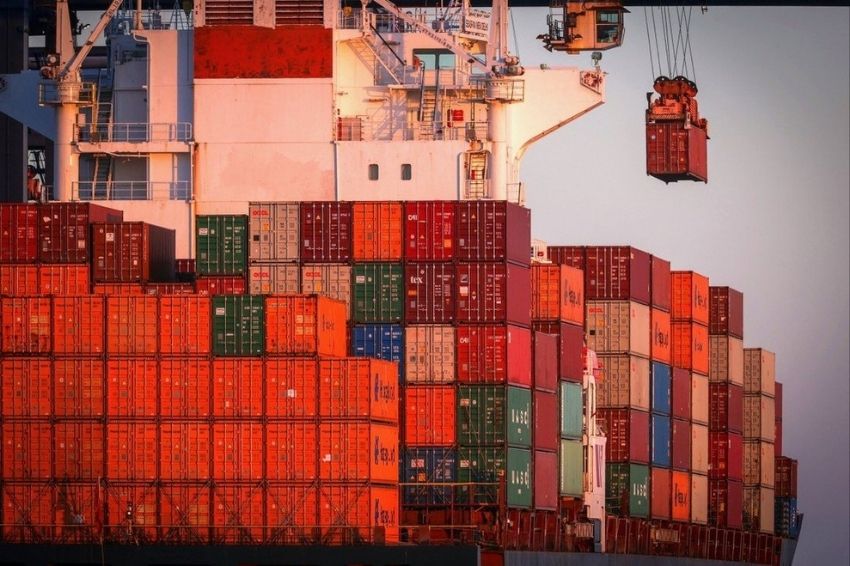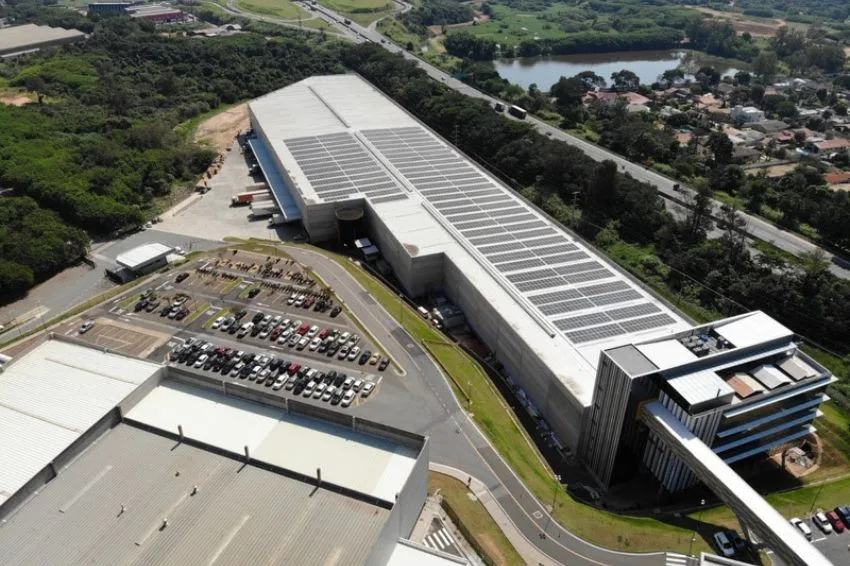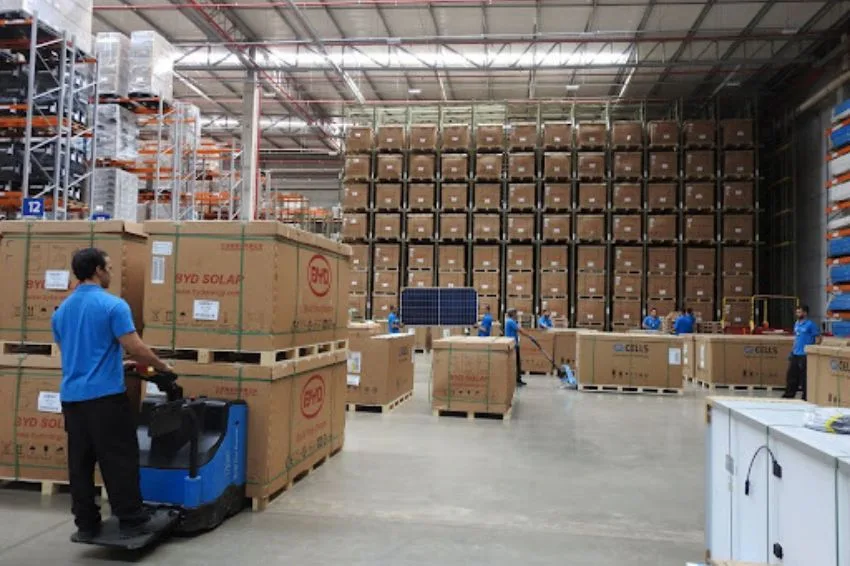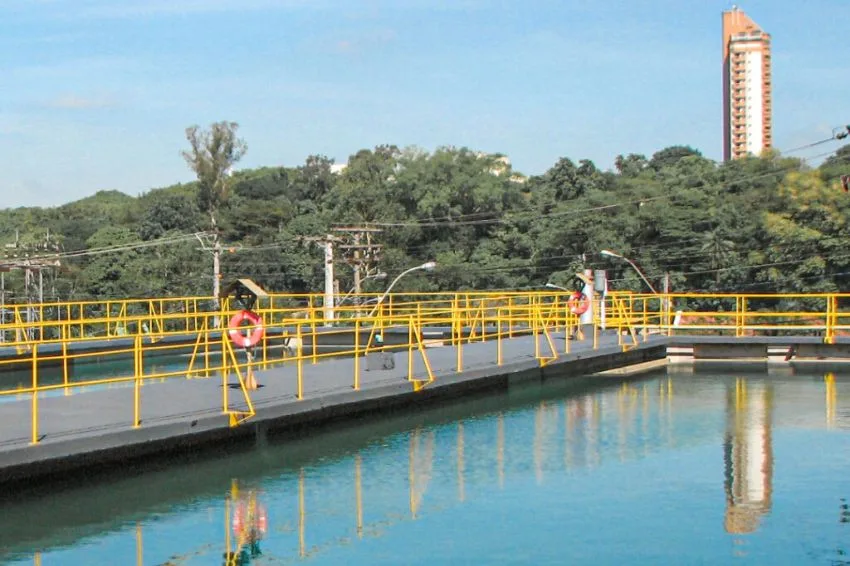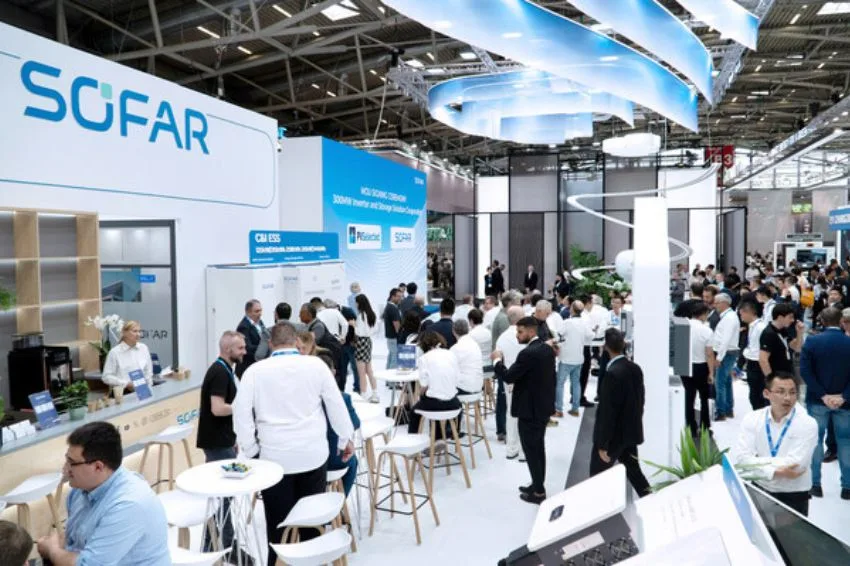The international production chain may be affected in the coming weeks due to congestion at the Port of Shanghai and the accumulation of containers at the Port of Shenzhen, both located in China. The information is from Bloomberg.
Container backlogs have worsened as congestion in the U.S. and Europe returns to Asia, delaying ships collecting goods from the manufacturing and technology hub.
Furthermore, since last week ships have been heading straight to the Port of Shanghai after the city of Ningbo suspended some road transport services at its port due to a Covid-19 outbreak, worsening the situation.
Another factor is the approach of Chinese New Year, which begins next week. Manufacturers in southern China are making a last-ditch effort to ship goods before the holiday.
According to Bloomberg, on January 13 volumes transported to the Shenzhen terminal were around 30% above December levels.
“Just like the New Year holiday, throughout the year there are several “Golden Weeks” in China, which are purposefully extended holidays so that workers have time to return to their hometowns and spend quality time with their families. , as it is very common for workers to live in other cities and sleep in company accommodation”, explains Richard Godoy, Import Director at All Commodities China.
According to him, despite the current scenario, the international market is already showing positive signs. “Really, the scenario is not at all favorable compared to what it was before the emergence of Covid-19, but we have to be optimistic. In recent weeks we have noticed a slight reduction in tariffs, containers that were shipped for around 14 thousand dollars were traded this week for 11 thousand dollars, which gives us hope for the post-Chinese New Year scenario”, he adds.
After all, how can this situation in Chinese ports affect Brazil?
Chinese New Year is a holiday that impacts the entire photovoltaic production chain, which is why advance planning is essential to avoid, according to experts in the solar sector.
“Those who depend on imports from China need to work with a strategy to avoid delays and lack of final products or raw materials. Since the beginning of the pandemic, the word strategy has never made so much sense, whether to guarantee shipment or to count on delays in product lead times”, emphasizes Godoy.
“If the company works with strategy, as we do here at All Commodities China, these impacts are not even noticed. Our customers continue to receive their cargo and maintain their production normally”, adds Godoy.
This sense of planning is also present in companies that manufacture and import photovoltaic equipment. “Every year we go through this logistical scenario in the pre- and post-Chinese New Year, with factories stopping and international logistics taking on chaos in all sectors. In recent years, with Covid-19, this has become even more delicate, however, knowing these difficulties, we have prepared Esfera Solar to spend the next three months without any calculable risks affecting us”, comments Gustavo Tegon, co-founder of Solar Sphere.
“We are calm because we have many containers at the port and shipped, corresponding to almost two months of current production. But whoever is waiting for the release now has a huge problem”, says Roberto Caurim, CEO of Bluesun.
Leandro Martins, president of Ecori, also states that activities in the company will not be affected. “For Ecori this doesn’t change anything. The openings and closings of ports in China have been happening since last year and Ecori always prepares in advance for Chinese New Year because it knows that it is a period of many closures”, he highlights.
“We received all the ships that were supposed to arrive and we realized that there are problems with the ships leaving before the holiday and we are monitoring the situation to see what will happen. As for the post-holiday period, we know it will be delayed a little but nothing will severely affect the situation. It is something specific and should only reflect 20 to 30% of shipments”, comments Fábio Delgado, Commercial Director at TechLux Distributor.
Other challenges
According to Adilson Lima, Planning and Logistics manager at Canadian, in addition to the Chinese New Year, other challenges are expected to impact the international photovoltaic market. “Just like 2021, 2022 will be very challenging for the module and inverter supply chain, especially as an increase in local demand is expected given the approval of the Law 14,300/2022. The increase in the dollar has impacted international logistics costs and the supply and demand ratio is unequal. It is up to us to negotiate good contracts with shipowners to guarantee freight and maintain local stock to serve all customers”, says Lima.
Christian Bernhardt, Supply Manager at Renew, adds that this year we will also have the impact of the Winter Olympic Games, which combined with the increase in cases of the Ômicron variant and restrictive policy for Covid-19 in China, could lead to lockdowns with an impact on the supply chain. “Despite the obstacles mentioned, we believe that with the safety stock strategy adopted, we will not have any problems serving our partners and customers” adds Bernhardt.


